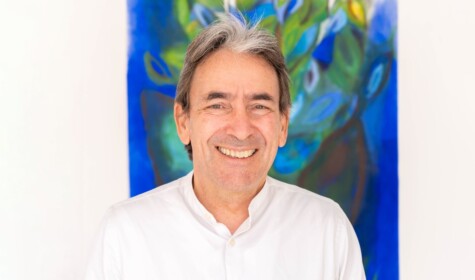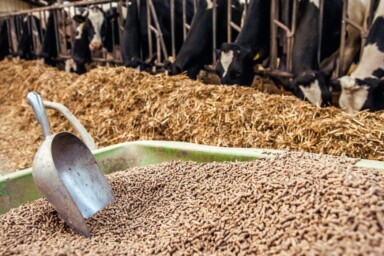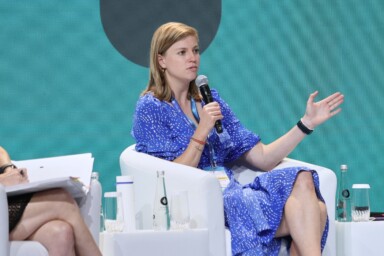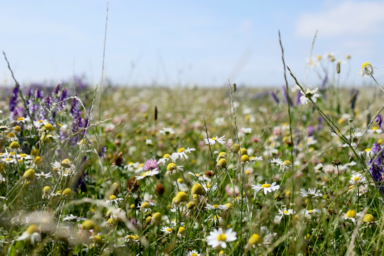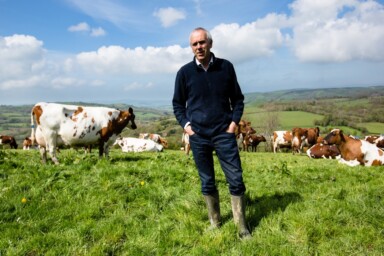Helmy Abouleish is the CEO of SEKEM, a sustainable development initiative that has transformed desert into vitally productive agricultural land in Egypt through biodynamic and organic agricultural principles. It is now a thriving enterprise, reflecting the incredible impact of land restoration on climate, nature and people. We invited Helmy to gives us his thoughts on climate change, water, sustainable development and the Economy of Love.
SEKEM is such an amazing project, and it has achieved so much in terms of realising meaningful sustainability in a broad-based way, but as we face a rapidly changing climate, what do you feel is most important to be doing to preserve a liveable world?
“Since 1977, we have been pioneers in sustainable development, promoting organic and biodynamic farming as a key solution to global challenges including food security and climate change. As the climate crisis intensifies, we need to act quickly. We believe organic agriculture is a crucial part of the solution.
This holistic system emphasizes biodiversity, biological cycles and soil activity, significantly enhancing the health and resilience of agro-ecosystems. Studies have shown that organic farming practices can store significant amounts of carbon in the soil, helping to mitigate climate change. Ultimately, this approach will lead to ecosystem restoration, and a more resilient and liveable world for current and future generations.”
